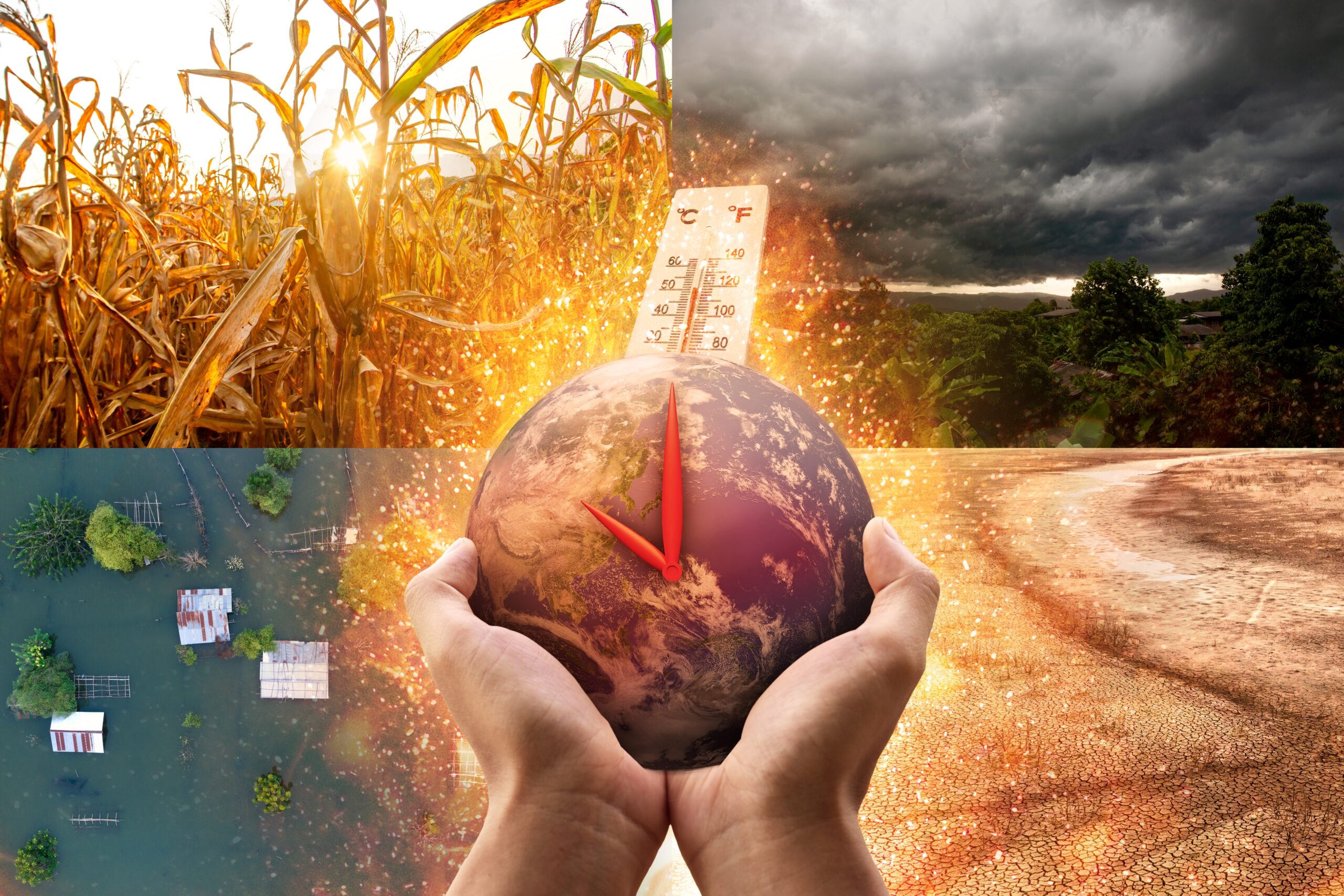by Danielle Hanna Rached and Denise Vitale
Donald Trump’s second term in office promises to bring turmoil to the global climate agenda. Against the scientific consensus that fossil fuel is leading the world to a climate breakdown, Trump has managed to impose his opportunistic views on the rest of the world. For the amount of $1 billion in campaign contributions, he initiated his vitriolic attacks against climate change (a “big hoax”), embraced the oil and gas industry (“liquid gold”), and vilified scientists and President Joe Biden’s clean energy legislation (“green new scam”).
In such a scenario, our only hope lies in resistance that might be formed elsewhere. Since President Luiz Inácio Lula da Silva’s election in 2022, Brazil has desperately tried to claim a leadership position on the issue. Brazil is home to 60% of the Amazon and host to COP30 next year, and Lula’s socio-environmental agenda has had a prominent position from day one. He appointed Marina Silva, a historical leader of the environmental movement, to head the Ministry of the Environment and created the Ministry of Indigenous Peoples to push forward the Indigenous agenda.
Although there has been a positive change in the Executive’s position with the election of Lula following Jair Bolsonaro’s criminal actions against the environment and Indigenous rights, two tensions have yet to be resolved before Brazil can claim any type of role in the global arena.
The first tension is economic. Brazil seems unable so far to overcome the binary mentality of the past, which foregrounds the incompatibility of economic growth and sustainable development. In 2024, there was a 30.6% drop in the total deforested area in the Amazon, which is a palpable gain despite the recent drought and fires in the Region. Brazil presented a more ambitious Nationally Determined Contribution (NDC) in the COP29, promising to reduce greenhouse gas emissions by 59 to 67% by 2035 to prevent the release of one billion tons of carbon gas in the atmosphere.
The economic tension emerges, however, when the government insists on maintaining a model of economic development based on the exploitation of natural resources, with all the social-environmental costs attached to it. Right and left-wing governments in Brazil have committed themselves to the agribusiness sector and the extractive industry. The remaining sectors of the national industry lost the relevance they had between the 1930s and 1980s, which led to a significant concentration and oligopolization of several markets. During the first and second Lula and Dilma Rousseff governments, highly controversial megaprojects gained strength by ignoring principles dear to environmental action, such as the principles of precaution and prevention. These projects included the Belo Monte hydroelectric plant, the transposition of the São Francisco River, the “Pre-Sal” exploration of oil in the pre-salt layer off the south and south-east Brazilian coast, more than 7,000 meters below sea level, the Initiative for the Integration of the Regional Infra-Structure of South America (IRSA), and the Growth Acceleration Program (PAC). All of these projects were implemented based on the claim that they were necessary for the strategic development of the country, despite their inherent environmental risks. In 2023, Brazil’s contradictions peaked once again when IBAMA, our environmental agency, was criticized by important members of the government after rejecting a request from Petrobras, the state-owned oil and gas company, to conduct oil exploration in an ecologically sensitive area, including the region near the Amazon River’s mouth. In a statement in the Guardian, Petrobras defended its oil exploration plans as a necessary means to achieve sustainable development and energy transition, and with that, exemplified the dead-end situation in which many economies find themselves.
The second tension is political-institutional. Here, the main culprit is the conservative-dominated National Congress. Observatorio do Clima, a civil-society coalition of organizations focused on climate-change policy, denounces the 28 bills targeting environmental protections, dubbed the “Destruction Package,” currently being considered at the National Congress. Among them are bills authorizing mining in conservation units (5,822/19), regularizing the occupation of public lands (510/21 and 2,633/20), and making the licensing process more flexible or completely removing it for several polluting activities (2,159/21). Brazilians, however, care about the environment and are worried about the consequences of the climate crisis, but this concern has not yet been translated into political discourse or has been supplanted by more immediate economic concerns. This disconnect between citizens and their representatives is referred to as a crisis of representation. Unchecked, the crisis of representation threatens our young democracy and creates fertile grounds for populism. And populists, who praise themselves for providing simple solutions to complex problems, are usually hostile to climate policies. According to Matthew Lockwood, climate policy is not only technical and complex but is also marked by “high levels of uncertainty, long-time frames, impacts across multiple sectors, international collective action problems and diffuse benefits.”
The global climate agenda will certainly feel the impact during the next four years of Donald Trump’s presidency. And such a blow will be felt for generations to come. But there is room for resistance from other countries, and Brazil is a natural candidate for the position. The current climate crisis means that we do not have time to develop without sustainability and that we cannot take democracy for granted. Brazil has homework to do, and Lula knows that the only way forward is a reinforced type of democracy at the state level and a coalition of countries willing to face the biggest harasser of the global climate agenda to date.
Danielle Hanna Rached, a Professor at the Institute of International Relations at the University of São Paulo, Brazil, is a Fellow at the Center on Law and Social Transformation, Bergen, Norway. Rached received her graduate degrees from University of Edinburgh, Scotland (LL.M. and PhD).
Denise Vitale is Professor of Humanities and International Relations at the Federal University of Bahia and a researcher at the National Council for Scientific and Technological Development (CNPq, Brazil).
